Have you ever wondered if your furry friend can indulge in the sweetness of honey? As a dog owner, it’s natural to be curious about what treats are safe for your canine companion. Honey, with its natural sweetness and reputed health benefits, might seem like a tempting option. But before you let your dog dip into the honey jar, let’s delve into the details to determine whether it’s safe for them to consume.
Contents Overview
Understanding Honey
Honey is a natural sweet substance produced by bees from the nectar of flowers. It is composed mainly of sugars such as fructose and glucose, along with small amounts of vitamins, minerals, and antioxidants. Honey is prized for its distinct flavor, viscosity, and potential health benefits.
Is Honey Safe for Dogs?
Yes, dogs can safely consume honey in moderation, and it may offer several potential health benefits. However, it’s essential to consider a few factors before incorporating honey into your dog’s diet:
- Nutritional Value: Honey contains natural sugars, vitamins, minerals, and antioxidants that can provide some nutritional value to dogs. It may serve as a source of energy and support overall health and well-being.
- Digestive Aid: Honey has mild antimicrobial properties and may help soothe and support the digestive tract in dogs. It can be beneficial for dogs experiencing digestive upset, such as diarrhea or gastritis.
- Wound Healing: Honey has been used topically for its wound-healing properties in humans and animals. While topical application of honey may help promote wound healing in dogs, it’s essential to consult with your veterinarian before using honey in this manner.
Potential Risks
- Honey is high in sugar, which can contribute to obesity and dental issues in dogs if consumed excessively.
- Raw honey may contain botulism spores, which can be harmful to dogs, although the risk is minimal.
- Some dogs may be allergic to honey, so it’s essential to monitor for any adverse reactions.
- Allergies: Some dogs may be allergic to honey or may experience adverse reactions to certain components in the honey. Allergic reactions can manifest as itching, redness, swelling, or gastrointestinal upset. If your dog has known allergies or sensitivities, it’s best to introduce honey cautiously and monitor for any adverse effects.
Moderation is Key
- While a small amount of honey as an occasional treat is unlikely to cause harm, it’s essential to limit the intake to prevent overconsumption of sugar.
- For dogs with underlying health conditions like diabetes or obesity, it’s best to avoid feeding them honey altogether.
How to Safely Feed Honey to Your Dog
When feeding honey to your dog, it’s essential to do so in moderation and with caution. Here are some tips for safely incorporating honey into your dog’s diet:
- Pure Honey: Choose raw, unprocessed honey without added sugars or artificial additives. Pure honey is the most natural and nutritious option for dogs.
- Small Amounts: Start with a small amount of honey and gradually increase the dosage if your dog tolerates it well. Too much honey at once can lead to digestive upset or weight gain.
- Mixing with Food: Mix a small amount of honey into your dog’s food or use it as a tasty and nutritious treat. Avoid feeding honey directly from the jar, as it may lead to overconsumption.
- Monitor for Reactions: Keep an eye on your dog for any signs of allergic reactions or adverse effects after consuming honey. If you notice any unusual symptoms, discontinue feeding honey and consult your veterinarian.
Signs of Honey Allergy in Dogs
- Watch out for symptoms such as itching, swelling, hives, vomiting, or diarrhea, which could indicate an allergic reaction to honey.
- If you suspect your dog is allergic to honey, consult your veterinarian for guidance and avoid feeding them honey in the future.
Bottom Line
While honey can offer some nutritional benefits to dogs and is generally safe for consumption in moderation, it’s crucial to exercise caution and monitor your dog’s reaction when introducing it into their diet. Remember that every dog is unique, and what works well for one may not be suitable for another. By being mindful of portion sizes, opting for high-quality honey, and observing your dog’s response, you can ensure they enjoy the occasional sweet treat without compromising their health. So, next time you reach for the honey jar, you can make an informed decision whether to share a taste with your four-legged friend.







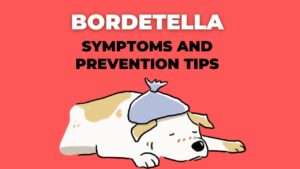


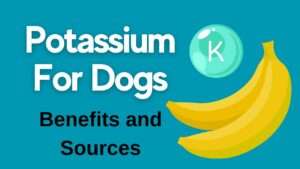

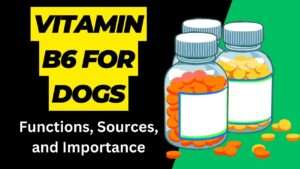



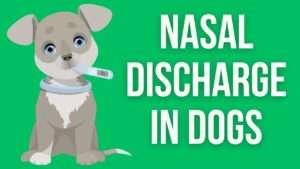




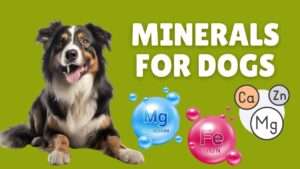




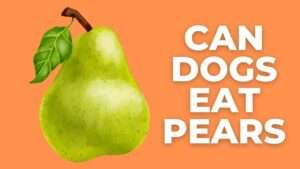









+ There are no comments
Add yours